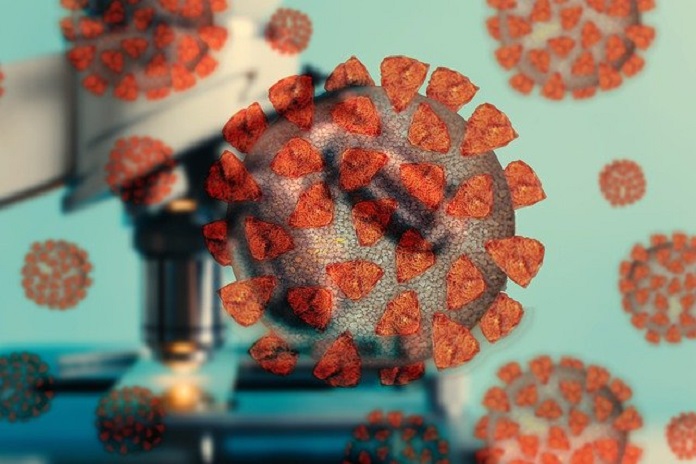A new Portuguese study shows that antibodies are detectable up to seven months after contracting COVID-19.
SARS-CoV-2 rapidly spread worldwide and was declared a global pandemic earlier this year. To understand the continuing spread of the virus, researchers highlight that it is essential to detect those who are and were infected and follow the immune response long-term.
Marc Veldhoen, principal investigator at Instituto de Medicina Molecular João Lobo Antunes (iMM; Portugal) led an interdisciplinary team of scientists from Faculdade de Medicina da Universidade de Lisboa (FMUL) and Centro Hospitalar Lisboa Norte (CHLN) and collaborators at Instituto Português do Sangue e Transplantação (IPST) to monitor the long-term immune response to coronavirus.
The study, published in the European Journal of Immunology, monitored 300 patients infected with the virus and 198 volunteers who had previously contracted COVID-19. Researchers set up an in-house sensitive, specific, and versatile COVID-19 serology test to monitor coronavirus antibody levels.
The study shows that 90% of subjects have detectable antibodies up to seven months after contracting COVID-19. It also found that age was not a factor in levels of antibodies produced, but disease severity is. In the acute phase of the immune response, higher antibody levels in subjects with more severe disease were observed.
The study showed that, on average, men produce more coronavirus antibodies than women. However, the antibody levels equilibrate during the resolution phase and are similar between men and women in the months after infection. Researchers discuss that “we and others found higher antibody titers in men compared with women. This is surprising since women, on average, have more B cells and produce more antibodies. Higher antibody titres in men, titers observed during the acute stage, correlates well with men showing more severe symptoms and increased fatality, as reported”.
The scientists believe the coming months will be critical to evaluate the immune response’s robustness to the SARS-CoV-2 infection. Interestingly the researchers state that “Since the SARS-CoV-2 response is in line with well-known and detailed studied immune responses resulting in lymphocyte memory, it is very likely that SARS-CoV-2 protective immunity, reducing disease severity, will last for at least a few years.”
The subject of long-lasting and protective immunity against COVID-19 is a significant focus of current research. Due to the details provided on the assays used in the study, further and longitudinal analysis of protective immunity to SARS-CoV-2 can be facilitated with this information.
Written by Helen Massy, BSc
References:
Figueiredo‐Campos, P., Blankenhaus, B., Mota, C., Gomes, A., Serrano, M., Ariotti, S., Costa, C., Nunes‐Cabaço, H., Mendes, A., Gaspar, P., Pereira‐Santos, M., Rodrigues, F., Condeço, J., Escoval, M., Santos, M., Ramirez, M., Melo‐Cristino, J., Simas, J., Vasconcelos, E., Afonso, Â. and Veldhoen, M., 2020. Seroprevalence of anti‐SARS‐CoV‐2 antibodies in COVID‐19 patients and healthy volunteers up to six months post disease onset. European Journal of Immunology,.
Image by Gerd Altmann from Pixabay



